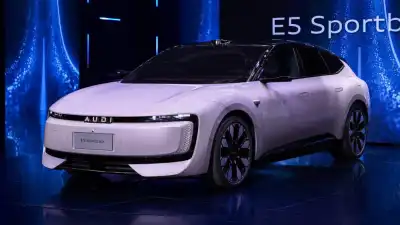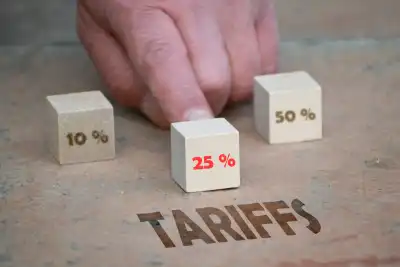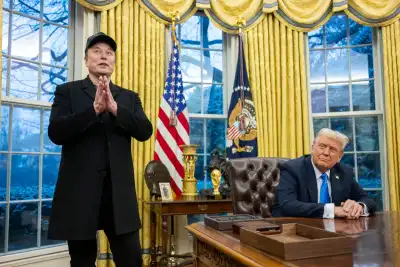
The UK is on track to hit its electric vehicle (EV) sales target for 2024, according to new data from a government think tank.
This progress comes despite some car manufacturers claiming the target is too ambitious.
The Energy and Climate Intelligence Unit (ECIU) revealed that the Zero Emission Vehicle (ZEV) mandate isn’t just about fully electric cars – it also factors in credits from low-emission hybrid petrol and diesel vehicles.
Here’s the breakdown:
- Hybrids are expected to make up over 3% of the market this year.
- Fully electric cars will hit around 19%.
Together, these numbers mean the industry is on course to meet the ZEV mandate’s goal of 22% average sales for each carmaker this year.
Looking ahead, the targets get tougher, rising to 28% in 2025 and increasing incrementally each year until reaching 80% by 2030.
Colin Walker, head of transport at the ECIU, said “The mandate is having the desired effect of driving down costs and driving up sales, enabling more families to get behind the wheel of cleaner, cheaper-to-run cars.
“Some manufacturers have been slow to wake up to the global shift towards EVs and are being left behind, but many – including BMW, Mercedes and Hyundai – are ahead of the mandate targets.
“Lowering the UK’s EV ambitions by weakening the mandate would risk putting the UK car industry in the slow lane at a time when global competition is hotting up, and stalling billions of pounds of investment in charging infrastructure.
“Weakening the mandate will remove competition, prices could well increase, growth in EV sales will slow and expansion of the second-hand EV market will be held back, leaving people stuck driving dirtier and more expensive-to-run petrol cars for longer.”
Brands that miss their ZEV targets can face fines of £15,000 per polluting car sold unless they buy credits from other manufacturers or boost future EV sales.
Not everyone’s happy. The Society of Motor Manufacturers and Traders (SMMT) says the targets are just too tough.
SMMT CEO Mike Hawes pointed out that "While registrations of new electric vehicles are increasing, underlying demand is still significantly below expectations.
“This is forcing manufacturers to subsidise the transition to the tune of £4 billion this year alone.
“Existing flexibilities in the regulation do help, but they are insufficient to meet the challenging target set this year, such that manufacturers are having to consider constraining the sale on non-EV vehicles, credit purchases from rivals, or exorbitant compliance payments to Government.
“A successful mandate that drives decarbonisation needs flexibilities that recognise volume growth is more important than market share.
“Workable regulation – backed with incentives – will set us up for success and green growth over the next decade.”




